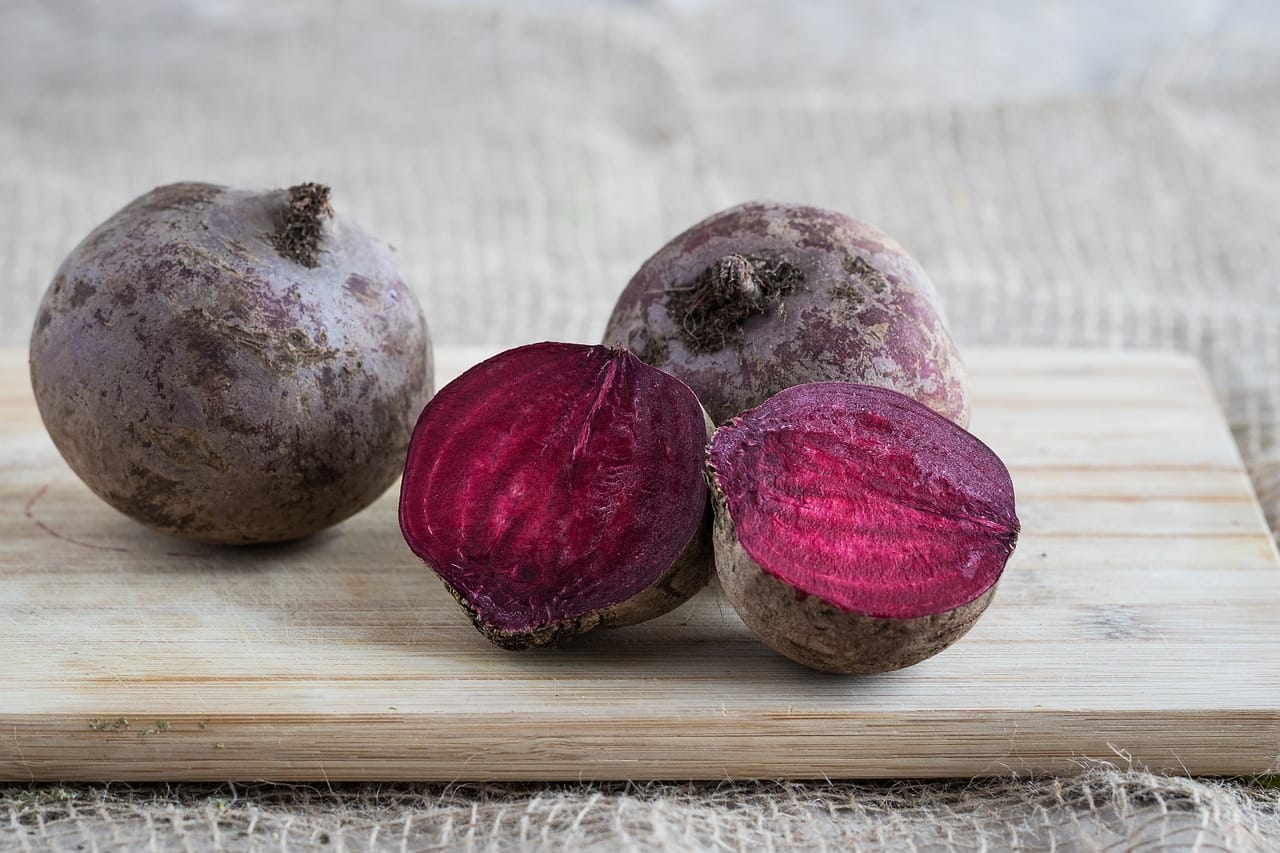Spinach: A Nutrient-Dense Superfood
Spinach is widely recognized as one of the most nutrient-dense leafy greens. This versatile vegetable is packed with vitamins, minerals, and antioxidants, making it a staple in a healthy diet. Whether eaten raw in salads, blended in smoothies, or cooked into dishes, spinach offers a variety of health benefits. In this blog, we’ll explore the importance, benefits, uses, and nutritional value of spinach, providing a comprehensive look at why this vegetable deserves a place in your diet.
Table of Contents
Importance of Spinach in a Balanced Diet
Spinach is a powerhouse of nutrients while being incredibly low in calories. It’s rich in vitamins A, C, K, and several B vitamins. It’s also high in essential minerals like iron, calcium, and magnesium. Spinach’s importance lies in its ability to support various bodily functions due to its nutrient density, particularly its role in maintaining vision, promoting bone health, and supporting the immune system.
Moreover, spinach is a rich source of antioxidants, including beta-carotene and lutein, which help protect the body from oxidative stress and inflammation. Its versatility makes it an easy addition to various meals, ensuring that you get a solid nutritional boost without adding excessive calories.

Health Benefits of Spinach
- Rich in Iron
Spinach is one of the best plant-based sources of iron, which is essential for the production of hemoglobin and red blood cells. Consuming spinach regularly helps prevent iron deficiency anemia, especially for vegetarians and vegans who might not get sufficient iron from other sources. - Supports Eye Health
Spinach is rich in lutein and zeaxanthin, two powerful antioxidants that play a critical role in protecting the eyes from harmful UV rays and reducing the risk of age-related macular degeneration. Additionally, the high levels of vitamin A in spinach promote healthy vision and prevent night blindness. - Strengthens Bones
With its high levels of vitamin K and calcium, spinach helps support strong and healthy bones. Vitamin K is crucial for calcium absorption and helps in bone mineralization. Regular consumption of spinach can help reduce the risk of osteoporosis and maintain bone density. - Promotes Heart Health
Spinach is a heart-healthy food, as it contains nitrates, which help improve blood flow and reduce blood pressure. Additionally, spinach’s antioxidants, such as vitamin C and beta-carotene, protect against inflammation and oxidative stress, both of which are linked to cardiovascular diseases. - Anti-inflammatory Properties
Spinach contains a range of antioxidants and anti-inflammatory compounds that help reduce inflammation throughout the body. Chronic inflammation is a contributing factor to many diseases, including heart disease, diabetes, and cancer. Regularly including spinach in your diet can help keep inflammation at bay. - Aids in Weight Management
Spinach is low in calories and high in fiber, making it a great addition to any weight management plan. The fiber content helps promote feelings of fullness, reduces overeating, and supports digestive health by preventing constipation.
Nutritional Value of Spinach (Per 100g)
| Nutrient | Amount | % Daily Value (DV) |
|---|---|---|
| Calories | 23 kcal | – |
| Protein | 2.9 g | 6% |
| Carbohydrates | 3.6 g | 1% |
| Dietary Fiber | 2.2 g | 9% |
| Vitamin A | 469 mcg | 52% |
| Vitamin C | 28 mg | 31% |
| Vitamin K | 482 mcg | 402% |
| Iron | 2.7 mg | 15% |
| Calcium | 99 mg | 10% |
| Magnesium | 79 mg | 20% |
| Potassium | 558 mg | 12% |
| Folate | 194 mcg | 49% |
Spinach offers an impressive nutrient profile, including high levels of vitamin K, vitamin A, and folate. It is a rich source of iron and calcium, making it ideal for supporting overall health.

Common Uses of Spinach
| Use | Description |
|---|---|
| Salads | Fresh spinach can be eaten raw in salads, providing a crisp and nutritious base for various toppings like nuts, cheese, or fruits. |
| Smoothies | Spinach blends easily into smoothies, providing a nutrient boost without altering the flavor significantly. It pairs well with fruits like bananas and berries. |
| Soups and Stews | Adding spinach to soups and stews enhances the nutrient content while offering a rich green color. It cooks quickly, making it a convenient addition to hot dishes. |
| sauteed Spinach | Spinach can be quickly sauteed with garlic and olive oil, serving as a nutritious side dish. |
| Pasta Dishes | Spinach can be incorporated into pasta dishes such as lasagna or stirred into a creamy sauce for added nutrition. |

Conclusion
Spinach is an incredibly versatile and nutritious vegetable that deserves a spot in your diet. Its wealth of vitamins, minerals, and antioxidants offers a broad spectrum of health benefits, from promoting heart health and strengthening bones to supporting vision and aiding in weight management. Whether consumed raw, cooked, or blended into smoothies, spinach provides a nutrient-dense, low-calorie option that can help support your overall well-being.
By incorporating spinach into your daily meals, you can enjoy its many health benefits and use its versatility to create a wide range of dishes.













Leave a Reply